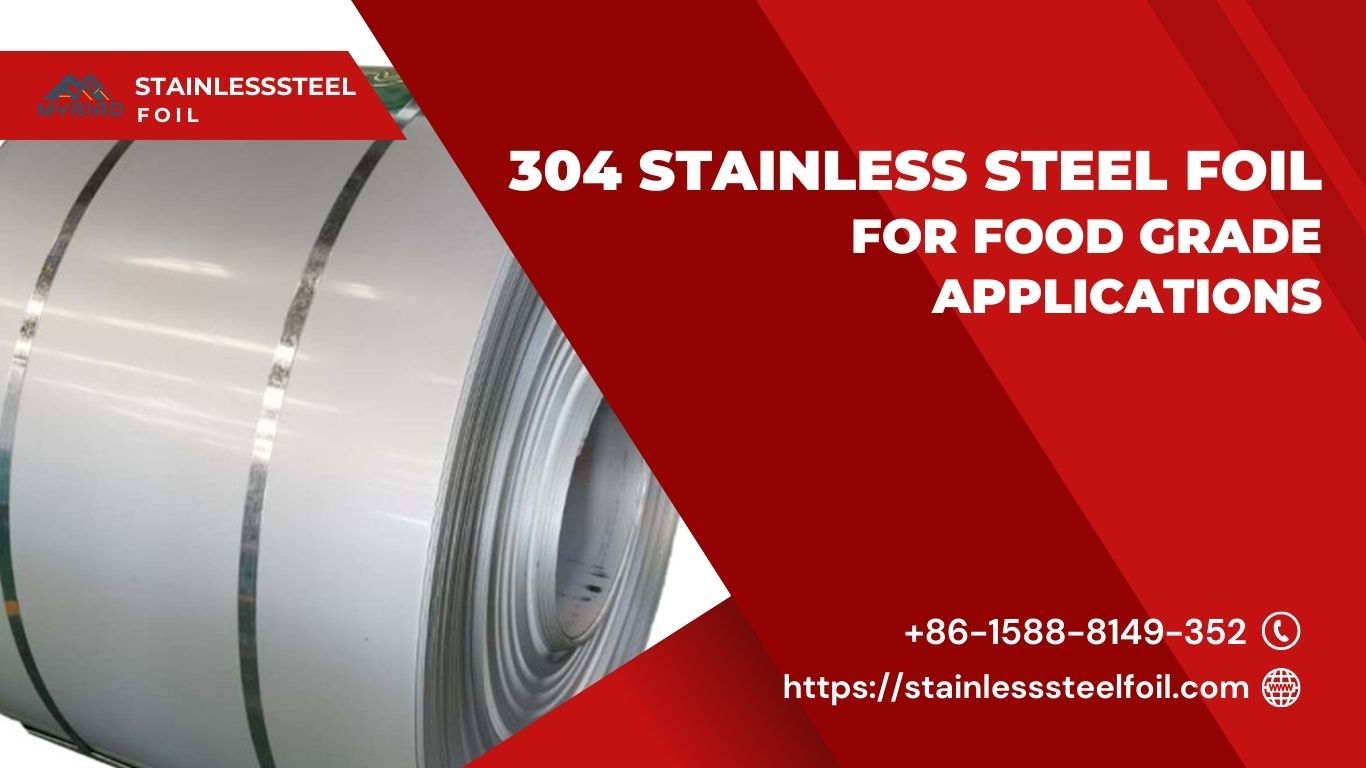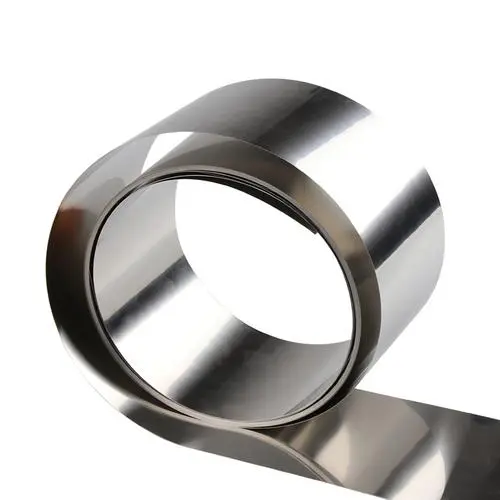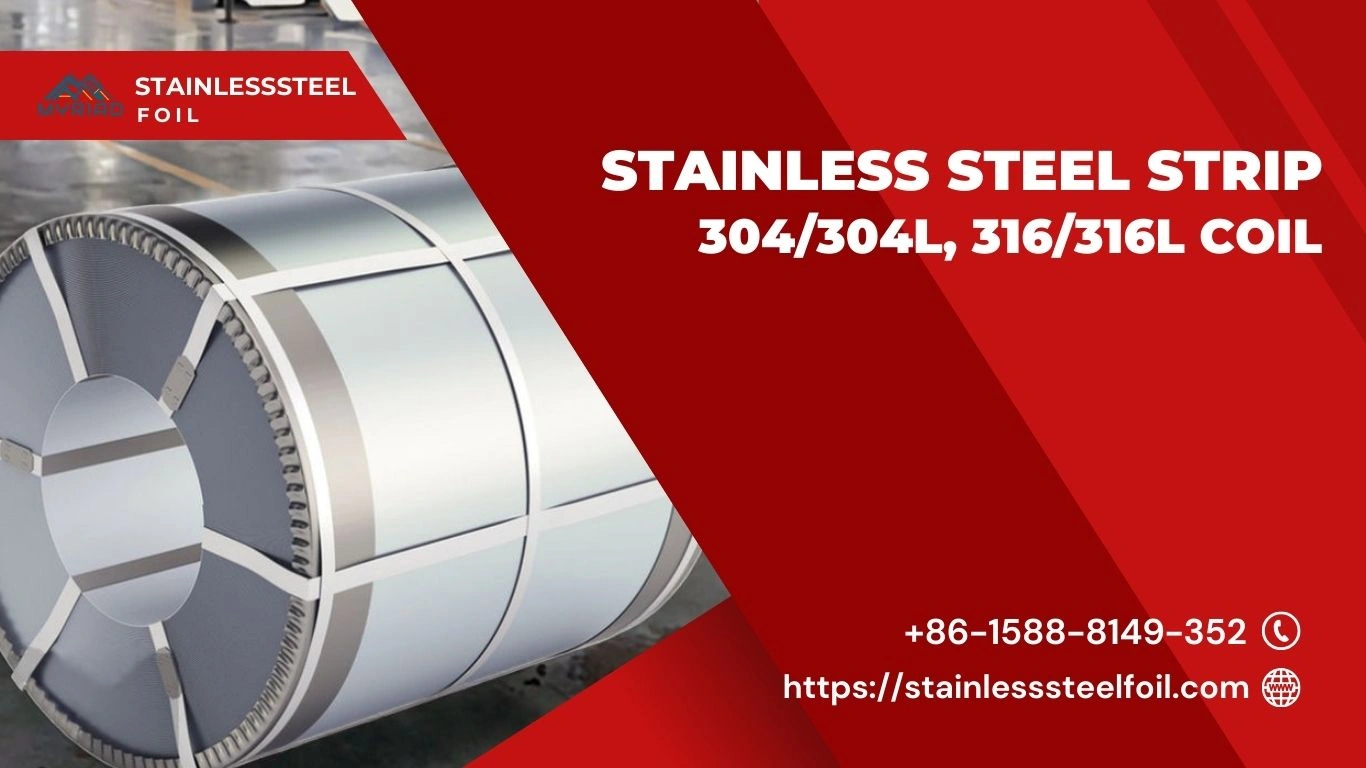
304 Stainless Steel Foil for Food Grade Applications
ssThe material choice is not just a technical decision—it is a safety commitment. From food processing lines to commercial kitchens

Why is aluminum foil used in dishwashers? This seemingly simple question opens the door to a complex world of debates, insights, and innovations that reach far beyond mere cleaning. From enhancing cleaning efficiency to concerns about potential damage, health impacts, effects on the dishwasher’s longevity, and influence on energy consumption, the use of aluminum foil in dishwashers is a multifaceted topic. This article explores five key perspectives on these why aluminum foil in dishwasher, providing a comprehensive look into a subject that may appear trivial at first glance but resonates deeply with our daily lives, choices, and the environment. Whether you’re a curious homeowner or an eco-conscious consumer, read on to unravel the many layers of this engaging and relevant issue.
Aluminum foil in dishwashers can act as a catalyst. When placed on the rack, it helps in cleaning. How? It aids in heat distribution. This leads to even cooking. It helps the heat reach every dish. This is a major advantage.
The use of foil is also economic. It can be reused. This makes it a budget-friendly option. It’s also green. Recycling it saves energy and resources.
But be aware of risks. Sharp edges can damage the dishwasher. They might even cause harm to the user. Proper handling is key.
Want better results? Foil can help with that. It assists in the drying phase. The result? Spotless dishes, every time.
Using foil is now common. Many households adopt this practice. Why? It is practical and efficient. It adds value to the daily chore.
This practice also reflects home innovation. It is a simple and clever way to improve cleaning. Sometimes, little things make a big difference.
What do people think? Most users find it helpful. Some are skeptical. Opinions vary but tilt towards the positive.
Experts weigh in too. Many support this method. They see it as a step towards efficient cleaning. They endorse it with caution.
Is it all about beliefs? No, there’s science too. The foil reflects heat. It aids in cleaning by enhancing the process. Science backs this practice.
In summary, foil in dishwashers helps. It aids cleaning, drying, and heating. It’s a wise choice if used with care.
Can foil harm your dishwasher? It’s a valid question. Some say yes. Let’s explore why.
Your dishwasher’s coat is precious. Foil might scratch it. The result? Ugly marks and possible damage. It’s a concern for some.
There are risks to electric parts too. If foil touches these parts, it might cause short circuits. That’s bad for your machine.
Recycling is good. But what if it’s not done? Foil can end up as waste. It might harm the environment. Think about it.
Some users report damage. They blame foil. Is it true for all? No, but it’s a concern that needs addressing.
Is it safe or not? Opinions differ. Some call it risky. Others see no harm. Who’s right? The jury’s still out.
Experts are divided too. Some warn against this practice. Others see no problem. What’s clear is the need for care.
The foil’s quality matters. Cheap foil might cause more harm. Good quality might be safer. Choose wisely.
Damage means repair costs. These can be high. If foil is the cause, is it worth the risk? Think about the costs.
Some see no risk at all. They use foil without issues. What’s the secret? Proper use and quality products.
In conclusion, risks exist. Damage might occur. But with care and quality, the risks can be low. It’s a matter of choice.
Does foil in a dishwasher impact health? Some think so. Let’s dive into this angle.
Foil might carry contaminants. It might release them in the wash cycle. The risk to health exists. It’s a worry for some.
Others see foil as a hygiene tool. It aids in cleaning. Cleaner dishes mean better hygiene. It’s a valid point.
Some people have metal allergies. Foil might trigger them. It’s a rare but real risk. Users need to be aware.
Foil can impact food taste. How? By reacting with salty or acidic foods. It’s a minor but notable effect.
What do doctors say? Some see no risk. Others urge caution. If you have allergies, think twice.
User feedback is mixed. Some report health benefits. Others see no change. A few report issues. It’s a mixed bag.
Research supports both views. Some studies find risks. Others find benefits. More research is needed.
Again, quality matters. High-quality foil might pose fewer risks. It’s something to consider.
In the end, it’s personal. Your health, your choice. If you feel at risk, avoid foil. If not, you might enjoy its benefits.
Health risks and benefits coexist. Users need to weigh them. Quality and personal needs guide the choice.
Does foil impact your dishwasher’s life? Let’s explore.
Foil might cause wear. It might scratch surfaces. Over time, this leads to wear and tear. It’s a valid concern.
Others see foil as protection. It prevents clashing of dishes. This saves them from damage. It’s a pro-foil argument.
The quality of foil matters here too. Good quality might protect. Poor quality might harm. Choose with care.
User reports vary. Some blame foil for wear. Others praise it for protection. What’s the truth? It depends on use.
Experts advise caution. Use foil wisely. Avoid sharp edges. Proper use might lead to benefits, not harm.
Research finds both effects. It supports both views. It concludes that wise use leads to benefits.
Wear leads to repair costs. Protection saves them. It’s an economic angle worth considering.
Balance is key. Proper use of foil can lead to benefits. Wrong use leads to harm. The balance guides the outcome.
Think long-term. Foil’s impact is slow. It takes time to show. Consider this in your decision.
Foil can protect or harm. It depends on use and quality. Think long-term and choose wisely.
Does foil in a dishwasher save energy? Let’s find out.
Foil can make dishwashers more efficient. It aids heat distribution. It helps clean faster. It saves energy.
But foil might harm electric parts. This leads to inefficiency. It might increase energy use. It’s a concern.
The quality of the foil plays a role. Good quality saves energy. Poor quality might waste it. Think before you choose.
Users report mixed findings. Some find energy savings. Others report no change.
A few even report a rise in energy costs. It’s a complex issue with varied outcomes.
Energy experts weigh in. They see potential for energy savings. But they urge caution. Proper use is vital to realize the benefits.
Saving energy means saving money. It’s an appealing prospect. But if done wrong, it might lead to costs. It’s a fine line to walk.
Saving energy is green. It’s good for the planet. If foil helps in this, it’s a win for the environment. This perspective adds weight to the pro-foil argument.
The energy debate isn’t just about foil. It’s about how we use resources. It’s a part of a bigger conversation. Foil is a small but significant player.
Research supports the energy-saving claim. But it also points to risks. It’s not a clear-cut case. It needs more study and careful consideration.
In the end, it boils down to personal choice. If you believe in energy saving, foil might be your ally. But if you see risks, you might avoid it. Your beliefs guide your choice.
The energy debate around foil is nuanced. It offers potential savings but comes with risks. The quality of the foil and how it’s used plays a crucial role. It’s a complex issue that demands thought and care.
The use of aluminum foil in dishwashers is a multifaceted subject. It touches on efficiency, safety, health, longevity, and energy consumption. The perspectives vary and often contrast. The common themes that emerge are the importance of quality, careful handling, and personal needs and beliefs.
Whether you choose to use aluminum foil in your dishwasher or not, understanding these perspectives will help you make an informed decision. The insights offered here shed light on a common practice, revealing its complexity and importance in our daily lives. The decision to use or avoid foil in your dishwasher is a small but significant one, reflecting broader themes of innovation, safety, sustainability, and personal responsibility.

ssThe material choice is not just a technical decision—it is a safety commitment. From food processing lines to commercial kitchens

Stainless steel is one of those materials that quietly supports modern life. From kitchen equipment and medical devices to architectural